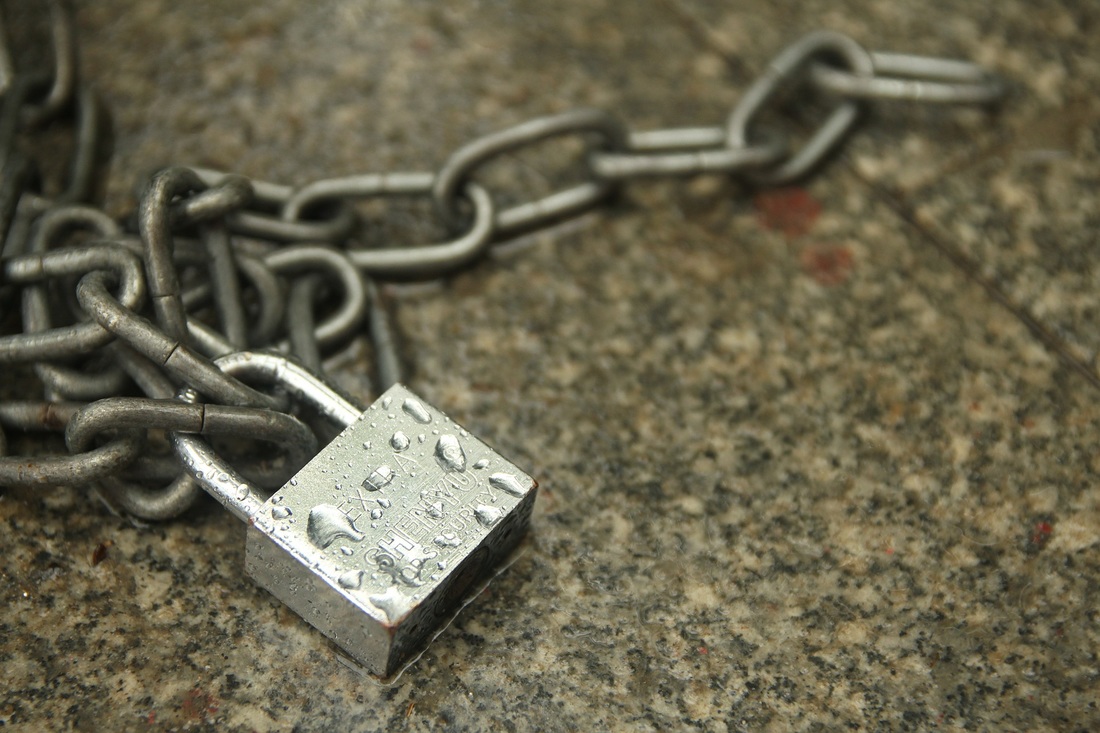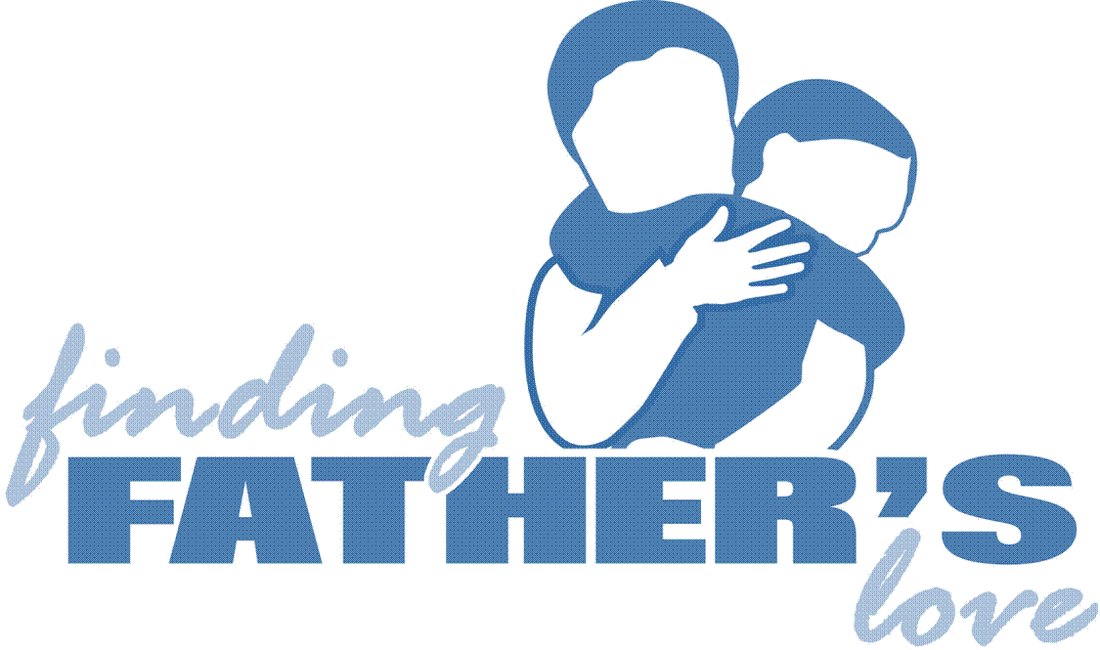God makes a straightforward promise to us in I John 1:9: If we confess our sins He will forgive us. He will wipe our indiscretions away, then scrub us clean from the stains our sins often leave behind. What a liberating thought: If we come clean, we will be clean.
But there's a catch. God's stipulation is that His children not just experience His forgiveness, but that we extend it. In fact, His forgiving us is dependent on our forgiving others (Matt. 6:15).
Whoa. God can't mean that, can He? We're supposed to forgive parents who have abused us? God wants us to forgive ex-spouses who have betrayed us? He is asking us to forgive people who have hurt us, destroyed our reputation, and who have showed zero remorse and would do it all over again if given the chance?
The answer is yes.
When it comes to experiencing all that our Heavenly Father has to offer us, we must be on both the receiving and giving ends of forgiveness. Offering forgiveness to others, no matter how gut-wrenching their infraction, is not optional. Forgiveness is not always easy. It is not always fair. But it never optional.
The weight of unforgiveness can be paralyzing. If left unresolved, the offenses of others can dominate our thoughts, destroy our bodies, and deplete our souls. We must offer forgiveness not because the offending party deserves it. We must offer forgiveness because we deserve it.
Leonardo daVinvi’s masterpiece, the Last Supper, is one of his most memorable works. The story is told that there was a bit of a delay in completion of that painting. It seems that when daVinci was putting the finishing touches on his project he had a violent disagreement with a man. Leonardo became so incensed that he lashed out at the man, threatening to harm him.
After the incident, still seething, da Vinci went back to his place to continue work on painting. He was up to the point of painting face of Jesus. But he found that he couldn’t do it. There was too much evil stirring inside him. He was angry. He was consumed by thoughts of vengeance.
Robbed of inner peace, daVinci knew what he had to do. He put down his brushes, left his unfinished painting, and went looking for the man he fought with. When he found him he asked his forgiveness. Only when he was freed from the bonds of unforgiveness could daVinci return to his studio and paint the face of the Savior who had forgiven him.
Forgiving others does not mean that we are absolving them from their actions. It does not mean we are giving them a pass. It does not always mean that relationships are fully restored. It means that we are so deeply grateful for the way that our God has treated us despite our unworthiness that we long to treat others the same way.
Get rid of all bitterness, rage, anger, harsh words, and slander, as well as all types of evil behavior. Instead, be kind to each other, tenderhearted, forgiving one another, just as God through Christ has forgiven you.--Eph. 4:31-32.






 RSS Feed
RSS Feed